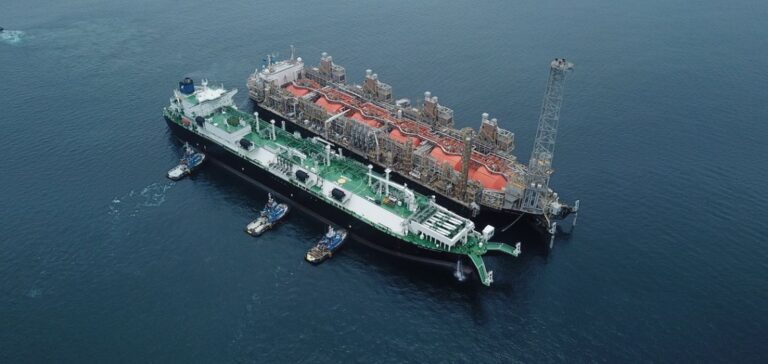Norwegian company Equinor ASA has signed an agreement with Prio Tigris Ltda., a subsidiary of Brazilian oil and gas firm PRIO SA, to sell its 60% stake in the offshore Peregrino oil field. The transaction amounts to $3.5 billion, including a principal payment of $3.35 billion and a conditional payment of $150 million in accrued interest since the effective date of 1 January 2024.
The payment will be made in two instalments—one at signing and the second at closing—subject to standard adjustments. Equinor will retain operational control of the field until the handover is completed. Afterward, PRIO will become the sole operator.
A major transaction in the Campos Basin
The Peregrino field, located in the Campos Basin east of Rio de Janeiro, has been operated by Equinor since 2009. It consists of a floating production, storage and offloading (FPSO) unit and three fixed platforms. The field has produced approximately 300 million barrels of oil since inception. In the first quarter of 2025, Equinor’s daily share of production reached nearly 55,000 barrels per day.
In 2023, PRIO acquired the remaining 40% stake by purchasing Chinese company Sinochem’s interest. This latest deal gives PRIO full control of the Peregrino field, further consolidating its position as Brazil’s largest independent oil and gas producer.
Equinor’s strategic repositioning in Brazil
Equinor confirmed that Brazil will remain a core market within its international portfolio. The company will now concentrate efforts on developing the Bacalhau field and advancing the Raia gas project, while continuing its partnership in the Roncador field. These projects are expected to raise its local production to nearly 200,000 barrels per day by 2030.
This partial divestment aligns with Equinor’s broader strategy of optimising its international asset portfolio. “This transaction allows us to unlock value from a long-standing asset while continuing our growth in Brazil,” said Philippe Mathieu, Executive Vice President for Exploration and Production International at Equinor.
Regulatory approvals and long-term outlook
The transaction remains subject to local regulatory and legal approvals. No specific timeline has been disclosed for completion. Equinor maintains its presence in the region through its subsidiary Rio Energy, which is involved in the Serra da Babilonia hybrid renewable energy project.
According to Veronica Coelho, Country Manager of Equinor Brazil, “The Peregrino field has been the cornerstone of our presence in Brazil. We build on that legacy as we continue our development in the country.”






















